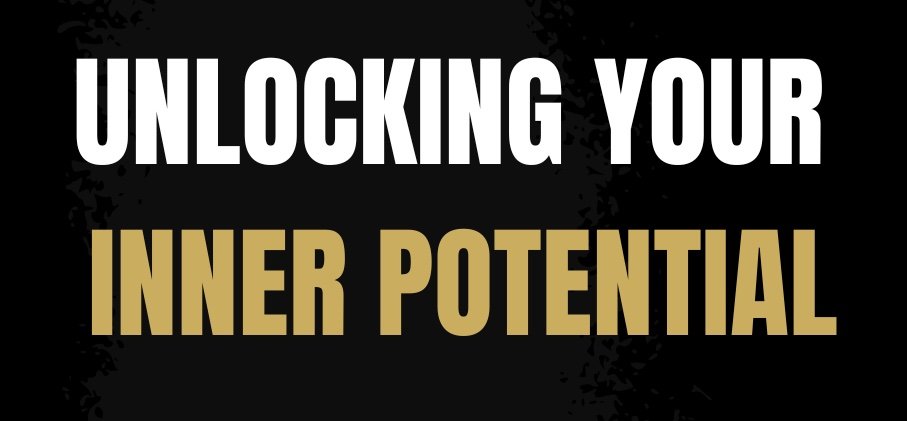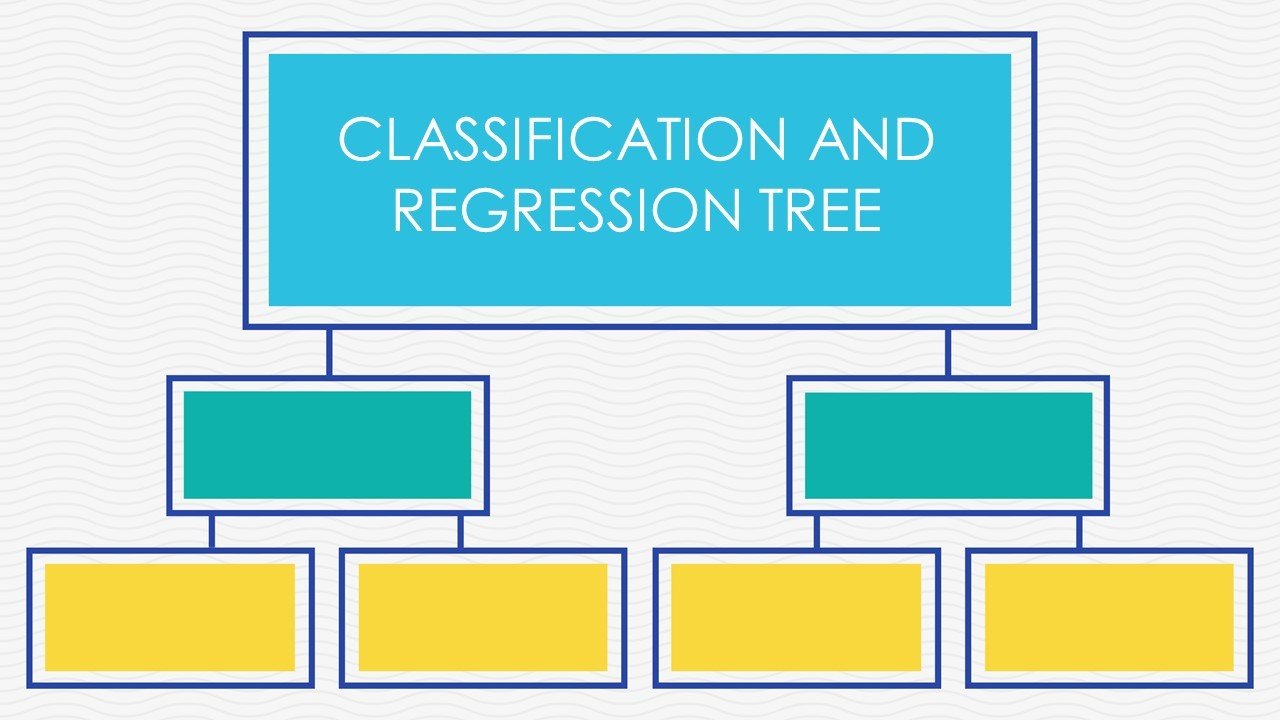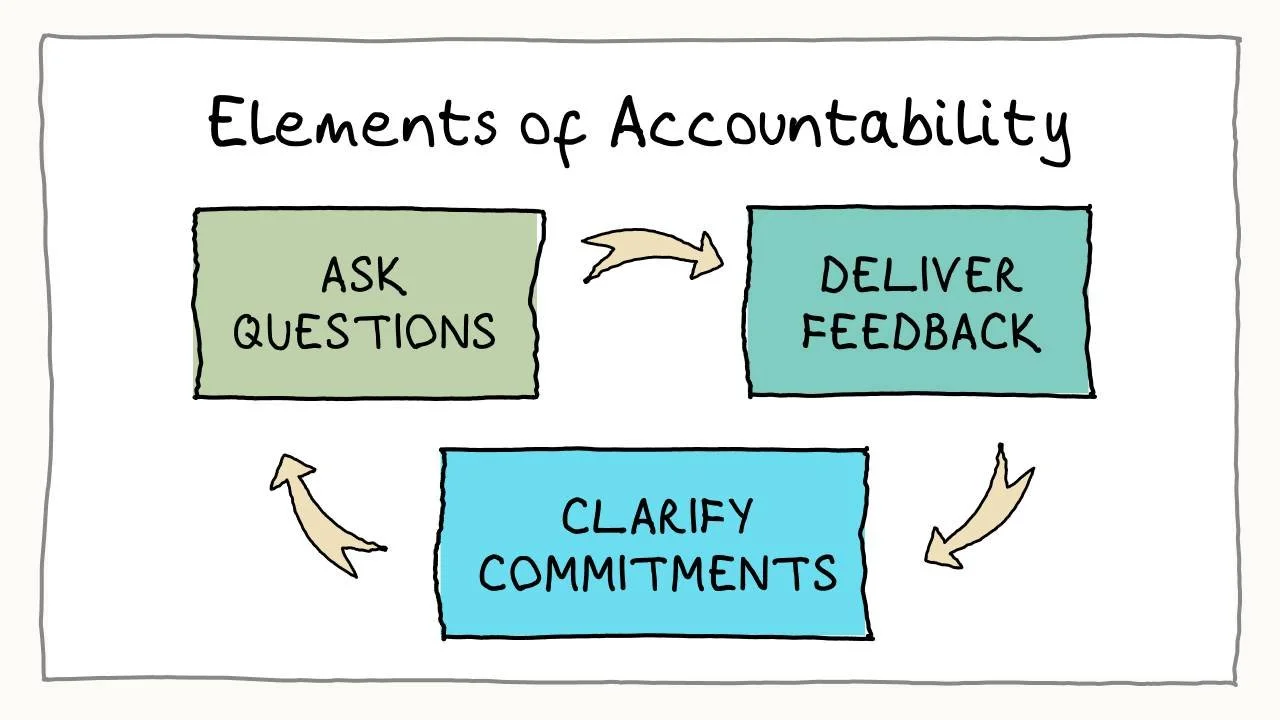Here are some fundamental questions about a business which are valuable to ask at various key moments in the business lifecycle:
What do we stand for?
What’s our function?
Who do we appeal to?
Who’s our target audience?
How do we present ourselves?
How do we differentiate ourselves?
How do we make ourselves look different and feel valuable to the people who encounter us?
I think these questions will keep the business grounded and adaptable, making sure it consistently offers a clear, differentiated, and valuable experience to its audience.
Are we better off?
c/o LinkedIn
One of the most remarkable things about the human brain is its ability to process the same situation in multiple ways. In contrast, mathematical models are not capable of this flexibility. These models, particularly those related to time and algorithms, inherently assume that faster is always better. In his 2013 book, “Social Acceleration: A New Theory of Modernity”, Hartmut Rosa traces the origins of social acceleration back to the Industrial Revolution. This acceleration, however, has contributed to our collective discontent. With an overwhelming increase in choices, we no longer feel we can fully achieve everything we desire. This relentless pace and the explosion of options have left us feeling perpetually unsatisfied or under-optimised.
If you're seeking clarity in this fast-paced world, book a confidential 30-minute discovery call with me via email to explore how you can optimise your leadership and career trajectory.
The burden of the good guy
When decision-making is reduced to an algorithm, formula, or procedure, the risk of blame is minimised, essentially, the system says 'no.' People tend to favour codifying processes, making them numerical, and turning them into optimisation problems with one 'right' answer. However, this approach narrows the range of potential solutions, leaving little room for debate or alternatives. I think the burden of this rigid approach often falls more heavily on the recipient than on the sender.
Unlocking the potential
How do we guide clients to realise their inner potential?
There's greatness inside each one of our clients, and it’s our role is to help them shine in all areas of their lives. The beauty of the human journey lies in its imperfection, and it is this imperfection that gives rise to true beauty. I think ultimately, coaching is not about the coach; it’s all about the client. It’s about partnering with them on their journey toward a meaningful destination, a destination that aligns with their destiny.
Questions are the key
When was the last time a question changed your life? When was the last time a single word made a profound impact? I think words carry immense power and life and death are in the tongue. As coaches, how we speak to ourselves and what we say to our clients truly matters. Our clients look to us as beacons of hope, a place where they can authentically be themselves and where possibilities are ignited. It’s vital to help our clients recognise the greatness within them.
Machine learning vs. human
The future of coaching is likely to be influenced by the rise of AI and automation. Imagine AI taking the lead in a coaching session, asking questions like, "What's on your mind?" or "You spoke about this two weeks ago, but what feels like the real challenge here for you?" With enough context, AI could analyse conversations, follow decision trees, and offer thoughtful prompts like, "What else?" repeatedly, drawing out deeper insights. This kind of interaction could effectively simulate human coaching, potentially achieving similar outcomes a significant portion of the time. As a coach, this raises an important question: Where do you offer unique value in the coaching experience that someone can't get from chatting with their AI assistant?
Enjoy the process
Coaching conversations have the power to change lives, one session at a time. I think that transformation occurs after each interaction. As a coach, my role is to guide clients closer to their goals by helping them turn setbacks into comebacks and disappointments into opportunities for growth. The insights and lessons we gather along the way are valuable tools that support clients throughout their journey. If you are ready to explore how coaching can help you, contact me via email to schedule a free 30-minute discovery meeting.
Where's her father?
Heinz released a series of public ad posters promoting family sized pasta sauce. The ads depict a wedding reception where the Black bride sits in the middle of the table completely overjoyed while eating pasta. To her right sit her white groom’s mother and father. On the left, the groom and what looks like the bride’s Black mother appear. Where is the bride’s father?
It’s now 14 days since I was sent this picture from Vauxhall tube station, and as a Black father with two daughters, I was outraged. This advert only perpetuates racist stereotypes against the Black community. What were Heinz thinking? It’s quite obvious that there are no Black executives in the Heinz marketing team or in their advertising agency.
Give people space
I’m rarely the smartest person in the room, nor the best looking or the funniest. So, I just say what I need to and then step back, making space for others. My goal is to amplify the voices of those who have been marginalised or pushed aside. While I do care about how I’m perceived, I’m far more concerned about my purpose. On one hand, I want to give a voice to important issues. and on the other, I don’t want the focus to be on me. I hope my work continually challenges the stereotypes and biases about people who look like me.
Look in the mirror
Historically DEI has been an add on to the existing HR and People Lead team roles, however that’s changed. We are seeing more defined roles, more clear objectives and responsibilities, for example, Learning & Development when done right, has been known to improve workplace culture, bridge skills gaps and increase employee retention rates.
Belonging to a marginalised group does not make you qualified as a DEI professional. I’m a huge fan of research and there are 8 core competencies that DEI professionals should possess:
1. Change management
2. Diversity, inclusion & a global perspective
3. Business acumen
4. Strategic external relations
5. Integrity
6. Visionary and strategic leadership
7. HR competencies
8. Self-awareness
What characteristics does your organisations DEI advocate possess?
Let me know via email.
What's the challenge?
Image c/o LinkedIn
I have become both a sponge and a filter, absorbing everything while carefully choosing what to amplify. On one hand, I want to give voice to important topics, but on the other, I don’t want those topics to be solely associated with me. There’s a risk of losing myself or making it seem like the issue is about me, which could undermine the message. My challenge is finding ways to support these causes behind the scenes, without drawing too much attention to myself.
““What disturbs men’s minds is not events but their judgement on events.””
The culture of trust
Transitioning from personal success to achieving results through others is one of the most rewarding and challenging phases of leadership. It’s a shift from focusing on your own contributions to building, leading, and nurturing a successful team. Leadership is not just about excelling individually but about developing managerial skills that elevate those around you. It’s about ensuring every team member feels empowered, motivated, and recognised. What leadership skill have you been honing lately? Send me an email with your thoughts.
Three key factors
When proposing change, remember that it is typically motivated by one of three factors:
Saving time,
Saving resources,
Saving energy
The questions are:
- How does your value proposition address these points?
- What are you helping your audience save?
Framing your value proposition around these three drivers will help make it more compelling and relevant to your audience's needs.
Focus on the person
When coaching, being fully present in the conversation with the client is essential. It's about having natural, authentic, and meaningful interactions that truly make an impact. Coaching isn’t about asking the most clever questions or simply helping the client find a solution, it’s about focusing on the person, not the problem. The goal isn’t to "fix" a problem but to engage in a co-creative process that empowers the client to discover their own path forward. By partnering with the client in a thought-provoking and creative dialogue, we inspire change and help them maximise their potential.
Models and frameworks don’t change lives; coaching does. Transformation happens one conversation at a time, and the real value lies in the coaching process itself. It’s not about showcasing expertise or using impressive tactics and techniques. I think true coaching is about having a genuine, authentic conversation in the moment, letting go of preconceived judgments and ideas to create a space for meaningful, human-to-human interaction. Ultimately, we are coaching the person, not the problem. Do you have a coach? Contact me via email for a “free” 30-minute confidential discovery meeting, and let’s explore how coaching can help you reach your full potential.
Staying in balance
I've never really worried about what people think of me, except for those I genuinely know and care about. Why should you worry about the opinions of people who don't know you, who have never even met you? Why would their words matter? It’s easy to say these things, but they come from a place of balance. I’m not an aggressive person, and I don’t have a quick temper. Sure, I can get a bit moody, stand on my soapbox, and have a good rant about things that frustrate me. But I don’t experience that "red mist" others talk about. Similarly, when things are going well, I don’t let success go to my head.
I would say my character is pretty balanced, as I don’t get overly excited when things are great, and I don’t get too down when they’re not. This kind of temperament isn’t something you can teach or explain easily - it’s either how you’re wired or it’s not. In leadership and senior roles, this balance helps. You’re constantly under pressure to perform, and over time, you learn how to handle it and live with it.
“ “Never argue with stupid people, they will drag you down to their level and then beat you with experience.” ”
Societal pressures
Women are often socialised to prioritise agreeableness and conflict avoidance, which makes the experience of being disliked particularly challenging, especially in high-pressure leadership roles. Research shows that women in leadership positions are more likely to face negative reactions when asserting authority or making unpopular decisions. A study from the Harvard Business Review found that women leaders are disproportionately criticised for behaviours that are seen as acceptable in their male counterparts. I think women who advocate for kindness and justice must also be willing to confront the challenges of standing firm in their values, even when it means facing opposition, retaliation, or bullying. And this aligns with findings from the Korn Ferry Institute, which suggests that women leaders often face a “double bind,” where they are expected to be both empathetic and assertive, a combination that can be difficult to balance in environments where these traits are not equally valued.
From fixer to coach
As a trained coach, I’ve had to unlearn the habit of entering conversations with a fixer or problem-solver mindset. I'm still in the process of letting go of that tendency in favour of embracing genuine curiosity. I now actively practice asking questions that I don’t, and couldn’t possibly know the answers to. My role as a coach is to help uncover the root of any fears and support my clients in a safe environment, guiding them to decide what they truly want and how to address those fears.
What territory are we exploring in this session?
Personal? Professional? Community? Family? Friendships?
It doesn’t matter where we begin as these areas are all interconnected. My goal is to understand the whole person and help them explore whatever territory they wish to focus on in the session. What's useful for them is what truly matters. Contact me via e-mail for a free confidential 30 minute discovery.
Communicating your vision
As your coach, I serve as the compass to help you "land the plane," so to speak. I act as a deep listener, helping you stay connected to the goals you set. So, let’s think about whether this is the next step you want to take. Here are a few questions to help you reflect:
What do you need to do?
How will you do it?
By when?
With whom?
What will success look like, and how will you measure it?
Contact me via email if you have any other considerations.
The human connection matters
At the core of this evolution is a fundamental truth: authenticity cannot be imitated. In an AI-dominated world where much can be automated or replicated, the human connection stands out as irreplaceable. Buyers seek genuine relationships with people they trust to guide them through complex decisions. Trusted advisors understand this and aim to be more than just sellers; they become partners in their clients' success. I think earning the title of "trusted advisor" starts with a shift in mindset. Rather than focusing solely on closing deals, these advisors embrace a “student and leader” approach. They listen actively and ask insightful questions to uncover their clients' true needs and challenges. This curiosity not only shows real interest but also helps advisors gain a deeper understanding of their clients' industries and the context behind their decisions.
Performance coaching
Our tailor-made coaching for performance solutions aims to foster a culture of respect and inclusivity. Creating a positive work environment boosts productivity, promotes teamwork, reduces turnover, and enhances employee satisfaction. We have found this approach to be ideal for retaining top talent, driving innovation, and achieving long-term growth and success. I think by investing in coaching for performance, you empower your employees to develop the skills they need to perform at their best and contribute to your organisation’s overall success.
“When you really listen to another person from their point of view, and reflect back to them that understanding, it’s like giving them emotional oxygen.”





















